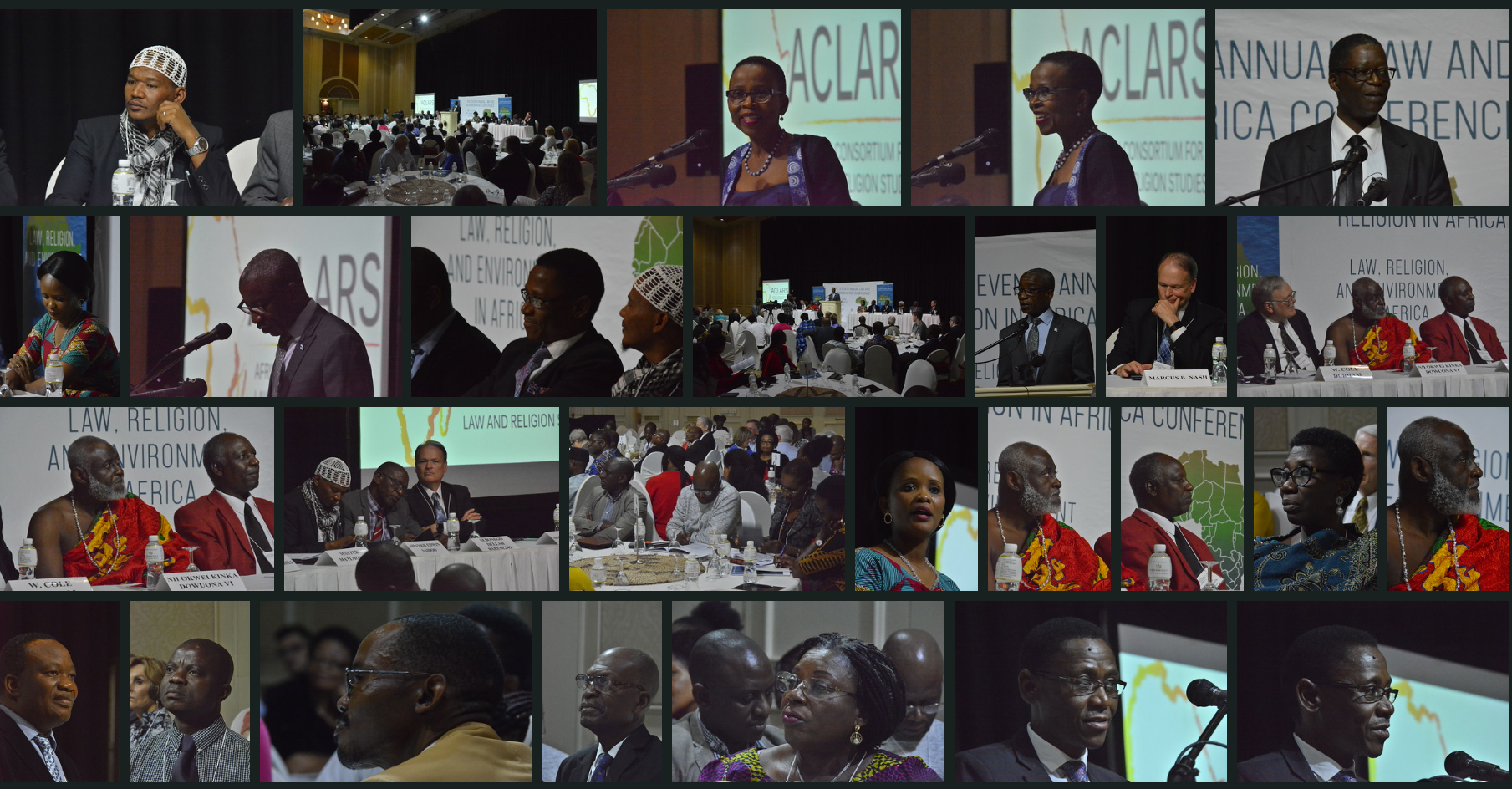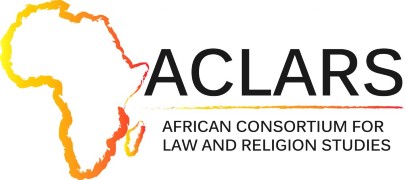
Following the success of conferences in Ghana (2013), South Africa (2014), Namibia (2015), Ethiopia (2016), Morocco (2017), and Nigeria (2018), the African Consortium for Law and Religion Studies convened its Seventh Annual Law and Religion Conference in Gaborone, Botswana from 19 to 21 May 2019 in collaboration with the Department of Theology & Religious Studies, the Department of Law at the University of Botswana, and the International Center for Law and Religion Studies of the Brigham Young University Law School, USA.
Significantly, the conference involved election of new ACLARS leadership, including President Kofi Quashigah, and the adoption of the document African Perspectives on Human Dignity for Everyone Everywhere, prepared as an endorsement and elaboration of the Punta del Este Declaration on Dignity for Everyone Everywhere.
See the program for the conference here.
Photographs by Brent Belnap here.
The subject of the Botswana conference was Law, Religion, and Environment in Africa. Themes included:
- Freedom of Religion or Belief, Human Rights, and the Environment
- Religion and International Law on the Environment in Africa since the 1992 Kyoto Protocol, the 2015 Paris Climate Accord and in relation to the 2030 UN Agenda
- Religion and the Governance of Sacred Sites, Biosphere Reserves and Heritage Sites
- Environmental Policies on Land, Water, Pollution, Waste, and Food and Religious Human Rights Movements/Responses
- Faith-Based Organisations and Interreligious Initiatives on Environment in Africa
- Environmental and/or Human Dignity: Negotiating Competing Grounds of Rights
- African Traditional Religion and Indigenous Perspectives on the Environment
- Religion, Public Health and African Burial Practices
- African Environmental Movements
- “Dark Green Religions” and “Greening Religion” in Africa
- War, Conflict, and the Impact of Environmental Degradation on Vulnerable Populations
- Animals and the Environment in Law and Religion
- Religion and Conservation of Protected Areas and Species
- Women, Gender and Ecofeminist Perspectives
- Religion, Fecundity and Human Fertility
- Sustainable Development Goals and the Environment
- Law, Religion and Sustainable Futures in Africa
- Environment, Future Generations and Intergenerational Justice
- Law, human rights, and religion/religious pluralism in Africa

